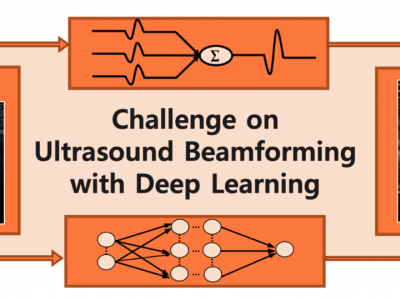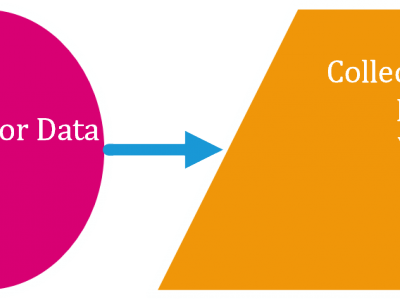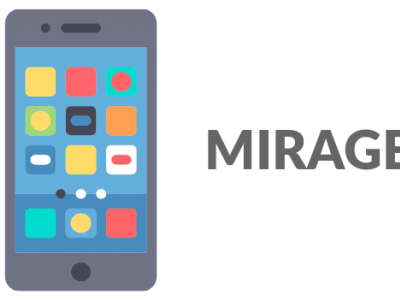Artificial Intelligence

Collecting and analysing heterogeneous data sources from the Internet of Things (IoT) and Industrial IoT (IIoT) are essential for training and validating the fidelity of cybersecurity applications-based machine learning. However, the analysis of those data sources is still a big challenge for reducing high dimensional space and selecting important features and observations from different data sources.
- Categories:
 13177 Views
13177 ViewsOne of the major research challenges in this field is the unavailability of a comprehensive network based data set which can reflect modern network traffic scenarios, vast varieties of low footprint intrusions and depth structured information about the network traffic. Evaluating network intrusion detection systems research efforts, KDD98, KDDCUP99 and NSLKDD benchmark data sets were generated a decade ago. However, numerous current studies showed that for the current network threat environment, these data sets do not inclusively reflect network traffic and modern low footprint attacks.
- Categories:
 8522 Views
8522 ViewsThe year 2018 was declared as "Turkey Tourism Year" in China. The purpose of this dataset, tourists prefer Turkey to be able to determine. The targeted audience was determined through TripAdvisor. Later, the travel histories of individuals were gathered in four different groups. These are the individuals’ travel histories to Europe (E), World (W) Countries and China (C) City/Province and all (EWC). Then, "One Zero Matrix (OZ)" and "Frequency Matrix (F)" were created for each group. Thus, the number of matrices belonging to four groups increased to eight.
- Categories:
 452 Views
452 ViewsAs one of the research directions at OLIVES Lab @ Georgia Tech, we focus on the robustness of data-driven algorithms under diverse challenging conditions where trained models can possibly be depolyed. To achieve this goal, we introduced a large-sacle (1.M images) object recognition dataset (CURE-OR) which is among the most comprehensive datasets with controlled synthetic challenging conditions. In CURE
- Categories:
 1885 Views
1885 ViewsAs one of the research directions at OLIVES Lab @ Georgia Tech, we focus on the robustness of data-driven algorithms under diverse challenging conditions where trained models can possibly be depolyed. To achieve this goal, we introduced a large-sacle (~1.72M frames) traffic sign detection video dataset (CURE-TSD) which is among the most comprehensive datasets with controlled synthetic challenging conditions. The video sequences in the
- Categories:
 5162 Views
5162 ViewsAs one of the research directions at OLIVES Lab @ Georgia Tech, we focus on the robustness of data-driven algorithms under diverse challenging conditions where trained models can possibly be depolyed.
- Categories:
 4003 Views
4003 ViewsThis dataset includes all letters from Turkish Alphabet in two parts. In the first part, the dataset was categorized by letters, and the second part dataset was categorized by fonts. Both parts of dataset includes the features mentioned below.
-
72, 20 AND 8 POINT LETTERS
-
UPPER AND LOWER CASES
The all characters in Turkish Alphabet are included (a, b, c, ç, d, e, f, g, ğ, h, ı, i, j, k, l, m, n, o, ö, p, r, s, ş, t, u, ü, v, y, z).
- Categories:
 1280 Views
1280 ViewsNetwork traffic analysis, i.e. the umbrella of procedures for distilling information from network traffic, represents the enabler for highly-valuable profiling information, other than being the workhorse for several key network management tasks. While it is currently being revolutionized in its nature by the rising share of traffic generated by mobile and hand-held devices, existing design solutions are mainly evaluated on private traffic traces, and only a few public datasets are available, thus clearly limiting repeatability and further advances on the topic.
- Categories:
 1896 Views
1896 ViewsTypically, a paper mill comprises three main stations: Paper machine, Winder station, and Wrapping station. The Paper machine produces paper with particular grammage in gsm (gram per square meter). The typical grammage classes in our paper mill are 48 gsm, 50 gsm, 58 gsm, 60 gsm, 68 gsm, 70 gsm. The Winder station takes a paper spool that is about 6 m width as it’s input and transfers is to customized paper rolls with particular diameter and width.
- Categories:
 1069 Views
1069 Views







